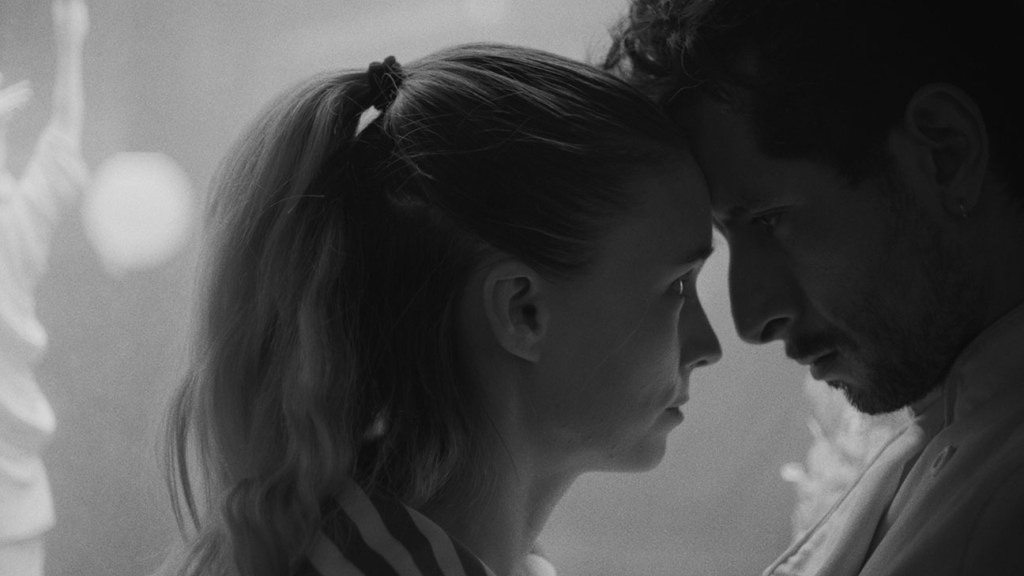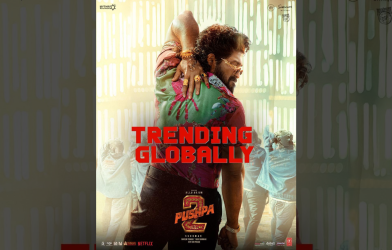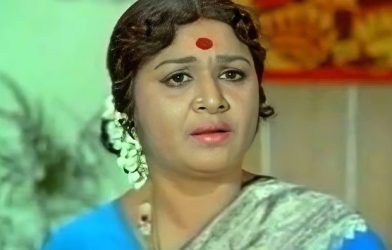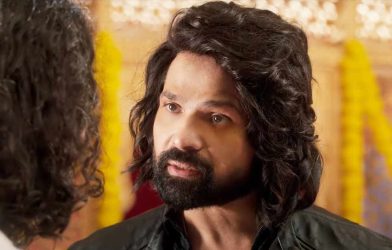
Rooney Mara and Raúl Briones Carmona in ‘La Cocina’
Juan Pablo Ramírez / Filmadora
THR puts the spotlight on the best films from the festival circuit that have yet to land a U.S. distribution deal.
La Cocina
Directed by Alonso Ruizpalacios
From Anthony Bourdain giving American readers an inside look at the rock ’n’ roll restaurant industry in Kitchen Confidential to Nancy Meyers’ citrus-dotted white marble countertops in enviable home kitchens, modern American audiences have had an infatuation with cookery. Though previously largely reserved for the nonfiction space with entries like Bourdain’s No Reservations and Netflix’s operatic Chef’s Table, the narrative possibilities of the dark underbelly of back-of-house restaurant staff have began to emerge lately. The Bear, the anxiety-inducing FX series about a Chicago Italian beef joint, swept the Emmys in January and is poised to do the same this go-around. Enter director Ruizpalacios’ La Cocina. “Think The Bear on cocaine with a Red Bull chaser and you get some idea of the sustained intensity and simmering pressure of this bruising tragicomedy about what the diners (mostly) don’t see during a working day in a busy Times Square restaurant,” reads THR’s Berlin Film Festival review, where the film was selected for competition. Ruizpalacios, who once worked as a dishwasher in a busy London tourist trap, directs Rooney Mara and Raúl Briones in his English-language debut. Unlike many other kitchen-set offerings, La Cocina focuses largely on the immigrant workforce of the restaurant industry and also offers a romance between a short-order cook (Briones) and a waitress (Mara). It’s an intense but humanistic glimpse of a world we don’t see onscreen much.
Union
Stephen Maing and Brett Story
The Sundance Film Festival was the first fest to take place after Hollywood’s two industry-halting strikes, making it a particularly interesting moment to be unveiling Union. The on-the-ground documentary takes viewers inside the attempts to unionize Amazon workers in Staten Island, the country’s most headline-grabbing labor movement of the past few years, which is saying something given that the summer of 2023 was dubbed “hot labor summer.”
Offering impressive access and even more impressive restraint, the film focuses on a fledging Amazon Labor Union and its leader Chris Smalls, as well as organizers and potential union members. “Without devaluing the heroism of Smalls’ crusade or underselling the general inhumanity of Amazon’s treatment of its lowest-level workers, Union sets out to be something closer to a warts-and-all process documentary,” reads THR’s review out of Sundance. Yes, there is a heated showdown with police and cellphone footage of the company’s union-busting propaganda, but the film doesn’t shy away from the monotony and disillusionment that go along with the hard fight of labor organizing.
Any studio, streamer or specialty label with a news-centric sister company is sure to find value in Union. The fight for the Amazon Labor Union is undoubtedly a story that someone is likely to fictionalize some day, but Maing and Story’s doc has all the drama and intrigue that a narrative feature could offer.

‘Union’
Courtesy of Sundance Institute. Photo by Martin DiCicco
Finally Dawn
Saverio Costanzo
Saverio Costanzo’s homage to the cinematic legacy of Federico Fellini and the “Hollywood on the Tiber” days of Rome’s Cinecittà studio would seem an ideal match for cinephiles worldwide. The feature, which premiered in Venice last year, features a star-making performance by Italian lead Rebecca Antonaci as an innocent swept up in a wild night straight out of La Dolce Vita, as she tags along with a Liz Taylor-esque American movie diva, played to the hilt by Lily James, and her slightly shady entourage, led by Willem Dafoe as an American expat art dealer and Rachel Sennott as the up-and-coming actor who wants to be the next Hollywood queen. Costanzo directed Adam Driver in the 2014 romantic thriller Hungry Hearts, but is probably best known to U.S. viewers as the creator and showrunner of the hit HBO series My Brilliant Friend. Finally Dawn is an exuberant love letter to cinema, and the set pieces are a feast for fans of Italian film. But Costanzo also brings the same feel for the precise period detail that made My Brilliant Friend shine. The movie takes an appropriately cynical view of narcissistic actors and remains clear-eyed about the cold-hearted business behind all that movie magic. Finally Dawn is a hefty feast, with a run time of nearly two and a half hours, but distributors and audiences who choose to dig in will be richly rewarded.

‘Finally Dawn’
Courtesy of Telluride Film Festival
There’s Still Tomorrow
Paola Cortellesi
Paola Cortellesi’s directorial debut is nothing less than a phenomenon. The black-and-white dramedy smashed box office records, earning about $40 million in Italy alone, outpacing Barbie to become the biggest movie in the territory last year. Set in Rome in 1946, a few days before the first-ever Italian referendum where women got to vote, There’s Still Tomorrow sees Cortellesi, one of Italy’s best known actresses and comedians, playing Delia, a woman with an abusive, moronic husband (Perfect Strangers star Valerio Mastandrea) who longs for emancipation both for herself and her daughter. The film’s success has triggered a nationwide political movement in Italy to combat domestic violence. There’s Still Tomorrow was screened in the Italian Senate to mark the U.N.’s International Day for the Elimination of Violence Against Women. There have been screenings for hundreds of thousands of high school students across the country.
But what’s impressive is Cortellesi’s sure hand behind the camera. She balances the story’s tragic and romantic elements with doses of on-point comedic genius alongside a visual élan that channels the style of Italian neorealism but filters it through the lens of 21st-century feminism. At Italy’s national film awards, the David Di Donatellos, Cortellesi cleaned up, winning best new director, actress and screenplay honors. U.S. buyers scared away by an Italian period film should give this comedic gem another look.

‘There’s Still Tomorrow’
Courtesy of CLAUDIO IANNONE
Dying
Matthias Glasner
To quote THR’s Berlin Film Festival review, Matthias Glasner’s Dying is full of “life, death and everything in between.” Glasner goes for broke in his eighth feature, delivering a magnum opus of family dysfunction. By turns wrenchingly sad and frighteningly dark, the film also manages, despite its subject matter (aging, death, depression and addiction, among other things), to be incredibly funny.
The story centers on Tom, a Berlin orchestra conductor (a phenomenal Lars Eidinger) battling demons both personal and professional. He struggles to mount a performance of “Sterben” (“Dying”), an original composition by his suicidal best friend, Bernard (Robert Gwisdek), but is constantly being pulled back into the maelstrom of his volatile family. His icy and sharp-tongued mother (Corinna Harfouch) is dying of cancer. His wild alcoholic sister (Lilith Stangenberg) has begun an affair with a married man. His gentle father (Hans-Uwe Bauer) has Parkinson’s and advanced dementia and is prone to wander pants-less through the streets.
If U.S. buyers initially were put off by the inauspicious title, the film’s three-hour running time (it earns every minute) and surface details of the plot, the critical reception of Dying should prompt them to take another look. Glasner won the best screenplay honor in Berlin and on May 3, the German Film Academy awarded it the Lola, Germany’s equivalent of the Oscar, as best film of the year.

Lars Eidinger in ‘Dying’
© Jakub Bejnarowicz _ Port au Prince, Schwarzweiss, Senator









